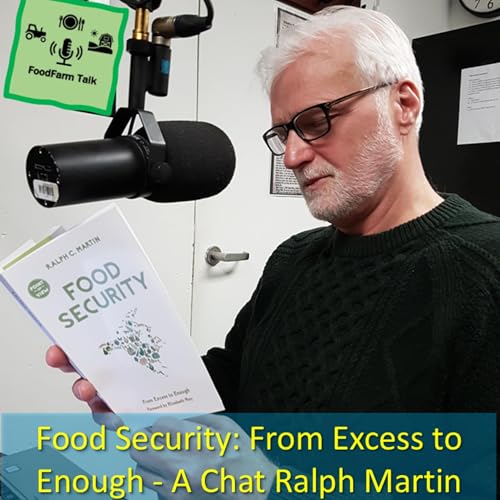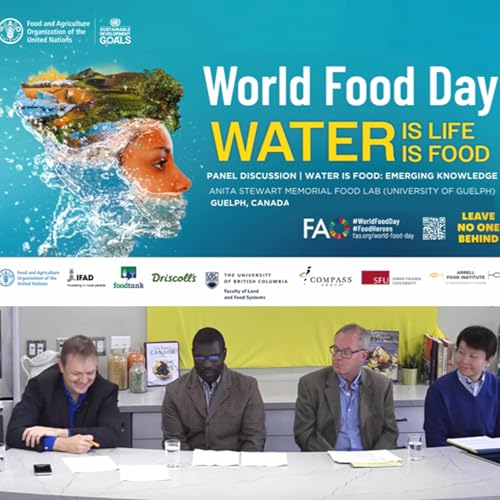Agriculture played an important role in colonialism and the dispossession of Indigenous peoples. Today it could help build prosperity and reconciliation. We hear from Chief Cadmus Delorme on the history of agriculture and colonialism as it is expressed on Cowessess First Nation, Treaty 4 in Saskatchewan.
In this episode, Chief Delorme traces the history of his First Nation from before European contact, through signing of Treaty 4, the failure to implement Treaty obligations, and the roadblocks to real First Nations engagement in agriculture from the start. Support for European-style agriculture was promised in the numbered treaties of western Canada like Treaty 4, only to be quickly subverted.
Chief Delorme talks about many of the issues regarding these treaties and the Indian Act. The Indian Agents’ power to control First Nations people, the pass system requiring the Indian Agents’ approval of sales of grain and cattle, and arbitrary reductions in the size of the Cowessess reserve land area.
This is a brutal irony as Indigenous people and agriculture have a long history in Canada and on Turtle Island going back thousands of years. The agricultural innovations from Indigenous peoples in the Americas transformed global agriculture after European contact.
This presentation was part of virtual conference in September 2021 on Indigenous Agricultural Innovation held by FHQ Developments and is used with their permission.
Chief Cadmus Delorme, Cree (Nehiyaw) and Saulteaux (Anishinabe), was Chief of the Cowessess First Nation. He came to national attention in 2021 when 751 unmarked graves were identified on Cowessess First Nation. He holds a Master of Public Administration and Bachelor of Business Administration from the First Nations University of Canada, and was also named in CBC Saskatchewan’s Future 40, a list of leaders, builders and change-makers under the age of 40.
This episode is part of a series on different aspects of Indigenous agriculture. In the next episodes, Cadmus Delorme explores the challenges and opportunities for First Nations’ pursuing prosperity through business development in agriculture and agri-business.
Thanks to Thomas Benjoe and Indigenous Agriculture Innovation for partnering to air this on Food Farm Talk.
Cowessess First Nation
https://www.cowessessfn.com/
A Brief History of Indigenous Agriculture
https://manitobamuseum.ca/a-brief-history-of-indigenous-agriculture/
Canada’s First Nations people were country’s first farmers
https://www.producer.com/crops/canadas-first-nations-people-were-countrys-first-farmers/
File Hills Qu’Appelle (FHQ) Developments
https://fhqdev.com/
File Hills Qu’Appelle Tribal Council
https://fhqtc.com/
Federation of Sovereign Indigenous Nations
https://www.fsin.ca/
Indigenous Peoples in Canadian agriculture - Agriculture and Agri-Food Canada
https://agriculture.canada.ca/en/indigenous-peoples-canadian-agriculture
 59 m
59 m 30 m
30 m 27 m
27 m 1 h y 1 m
1 h y 1 m Oct 2 20241 h y 13 m
Oct 2 20241 h y 13 m 1 h y 1 m
1 h y 1 m 1 h y 14 m
1 h y 14 m 1 h y 9 m
1 h y 9 m

